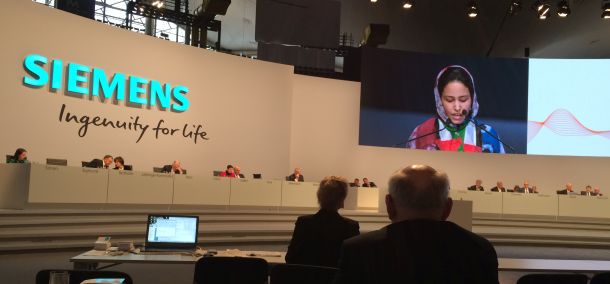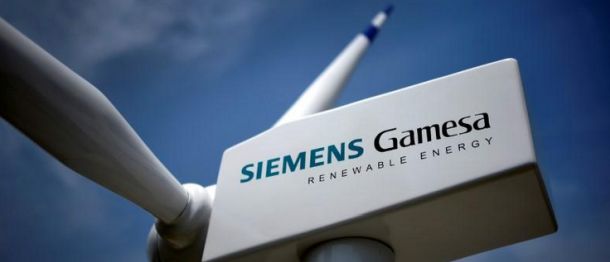Former UN officials and Danish civil society strongly critical to the plans of Vestas to bid for controversial energy projects in occupied Western Sahara.
An 850 MW Moroccan tender for constructing windmill parks causes controversy in Denmark. Part of the tender is to erect windmills in the territory of Western Sahara, currently under Moroccan occupation. One of the bidders is Vestas, a company from Denmark.
“It is highly surprising that Vestas is bidding for this project. If they do, they can rest assured that they contribute in prolonging the conflict. It will be even harder to find a political solution the bigger financial interests are at play. At the same time, it contributes to legitimise the occupation”, stated Kurt Mosgaard, former force commander at UN’s operation in Western Sahara, MINURSO to Danish business daily Berlingske Tidende.
Also another former UN official is heavily critical to the engagement. Hans Corell, who was the Legal Councel to the UN, did a legal analysis for the UN Security Council in 2002. He states the following to the newspaper:
“All investments in Western Sahara must be in accordance with the wishes and interests of the people of Western Sahara. In order to find that out, one has to know whom is representing them. That happens only after a referendum, which has not taken place yet. Of that reason, it is problematic that companies carry out business in the occupied territories. It undermines the possibilities to carry out the resolutions that the UN Security Council have passed”, Corell wrote in an email to Berlingske.
Spokesperson for Amnesty International in Denmark, Mr. Ole Hoff-Lund, underlines that the human rights situation in Western Sahara is precarious.
“In the occupied territories, people live under extreme oppression. All political opposition live under great danger and risk torture and imprisonment without fair trial. Morocco’s torture methods are not a kids’ game. We are speaking about water boarding, electric torture and suspension. They basically apply the whole arsenal”, Hoff-Lund stated. He underlined that “the question is whether a Danish company can operate in a country where one knows the destiny of the tends of thousands of refugees and oppressed, living under Moroccan rule. One would need clear answers as to why engaging in billion kroner business under such circumstances”.
Danish NGO Afrika Kontact concurs, stating to Berlingske Tidende that “through its close partnership with the occupying power, Vestas will be complicit in the violations committed against the indigenous population”.
Vestas’s Head of External Communications underlines to the newspaper that “there are no international laws or sanctions which forbid trade or investments in Western Sahara”.
Which naturally is correct, as long as the UN Security Council is composed the way it is.
Translations in this article are made from Danish by Western Sahara Resource Watch.
16 firms prequalified to construct wind farms in Western Sahara
The Moroccan government's plans to develop wind farms in occupied Western Sahara have drawn the interest of 16 international companies.
Siemens again refuses to answer questions about Western Sahara at AGM
For the fourth consecutive year, the German engineering company dodges questions at its Annual Shareholders Meeting as to whether it has obtained the consent of the people of Western Sahara to operate on their land.
Siemens fails to respond Western Sahara question at AGM
Why did you not seek permission from my people?, a Saharawi refugee asked at Siemens AGM. Company fails to answer questions why it operates on occupied land.
Siemens: the Moroccan king's wind turbine supplier in Western Sahara
WSRW has again asked Siemens to clarify how they’ve obtained the consent of the people of Western Sahara to their involvement in literally all of Morocco’s wind power plans in the occupied territory.



